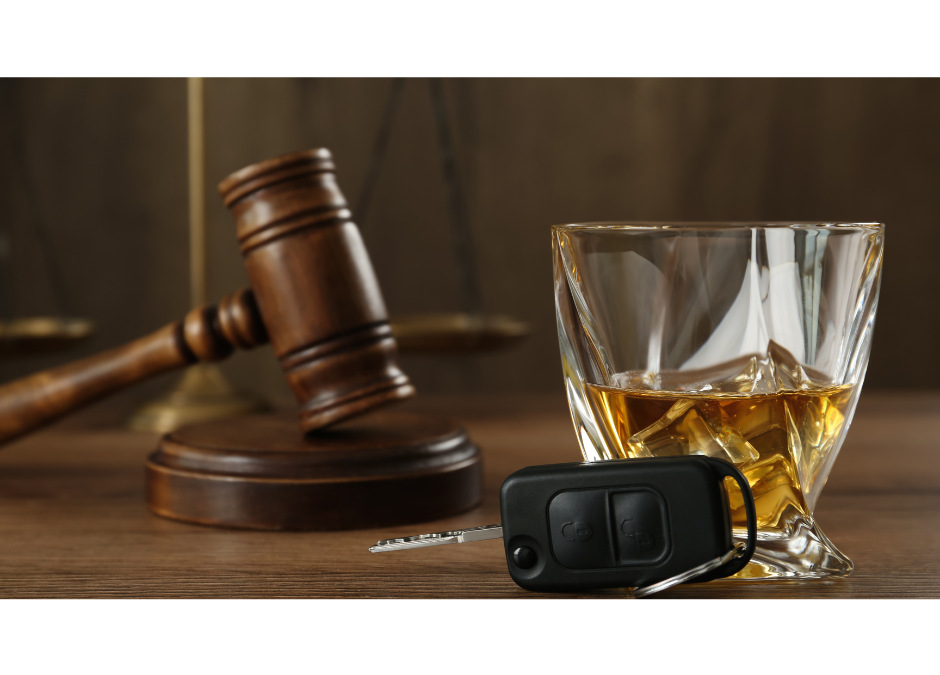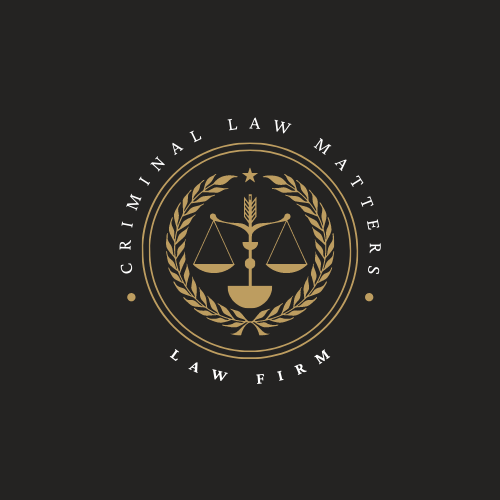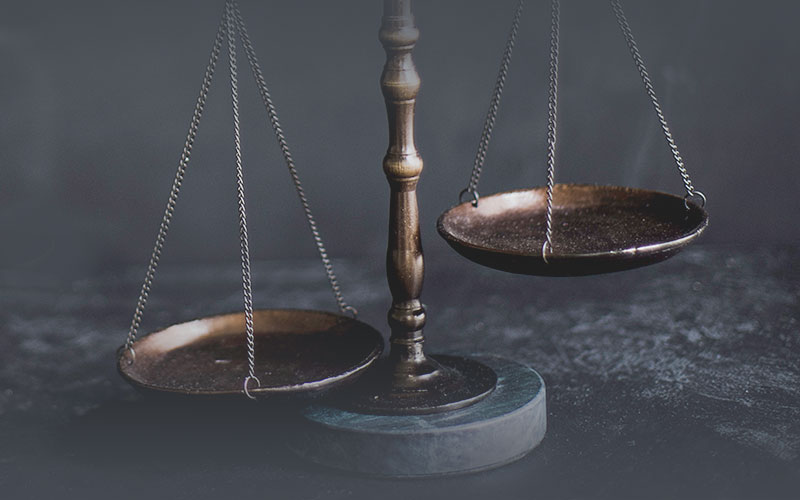
How much does a DUI Lawyer in Colorado
Understanding DUI Law in Colorado
You could face felony DUI charges in Colorado if you have at least three prior convictions for alcohol-related traffic offenses, vehicular assault, vehicular homicide, or both, anywhere in the United States or any territory under the jurisdiction of the United States. Driving while intoxicated (DUI) is a Class 4 Felony in Colorado. How much does a DUI Lawyer in Colorado – well it depends on the case – we are one of the few places to except payments – contact for more information.
Worse case scenario
If someone is found guilty or enters a guilty plea, they might get a sentence of two to six years in the Department of Corrections, followed by three years of mandatory parole. The minimum county jail sentence is from 90 to 180 days if probation is mandated instead of department of corrections incarceration. There are no accessible alternatives to prison time (such as work release, education release, or in-home detention) for the minimum required 90 days. Alternatively, if probation is given, the court may order a minimum of 120 days and a maximum of 2 years of county jail time served on work release or education release if those programs are offered in the county where the DUI occurred.
As mentioned above, having three prior convictions for driving under the influence of alcohol qualifies as a felony DUI in Colorado. There are three ways to establish these convictions: 3) the DA presents an authenticated copy of the record of the prior convictions or judgments from a court of record of this state or from a court of any other stat; 1) if the DA and the person stipulate to the prior convictions; 2) the prior convictions may also be established when the DA presents to the court a copy of the person’s driving records provided by the department of revenue or by a similar agency in another state that references the prior convictions; Furthermore, if the defendant has not admitted to prior convictions or if the district attorney has asked for a chance to obtain a DMV record or court record, the court cannot proceed with an immediate sentence decision.
Conclusion
The main conclusion is that felony DUI charges are extremely serious in Colorado. In order to defend against a felony DUI charge and deal with the complications caused by prior charges, you must hire a qualified felony DUI attorney. This is not the kind of case that ought to ever be taken on without knowledgeable felony DUI counsel. How much does a DUI Lawyer in Colorado
Contact Criminal Law Matters to get your case handled as soon as possible.
For more information check out our YouTube!








